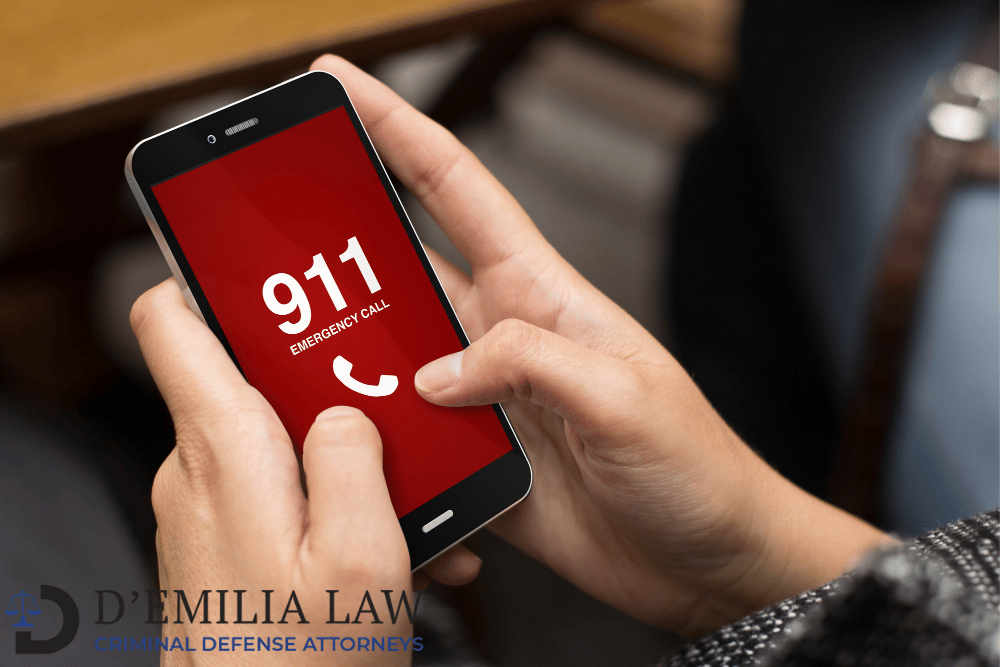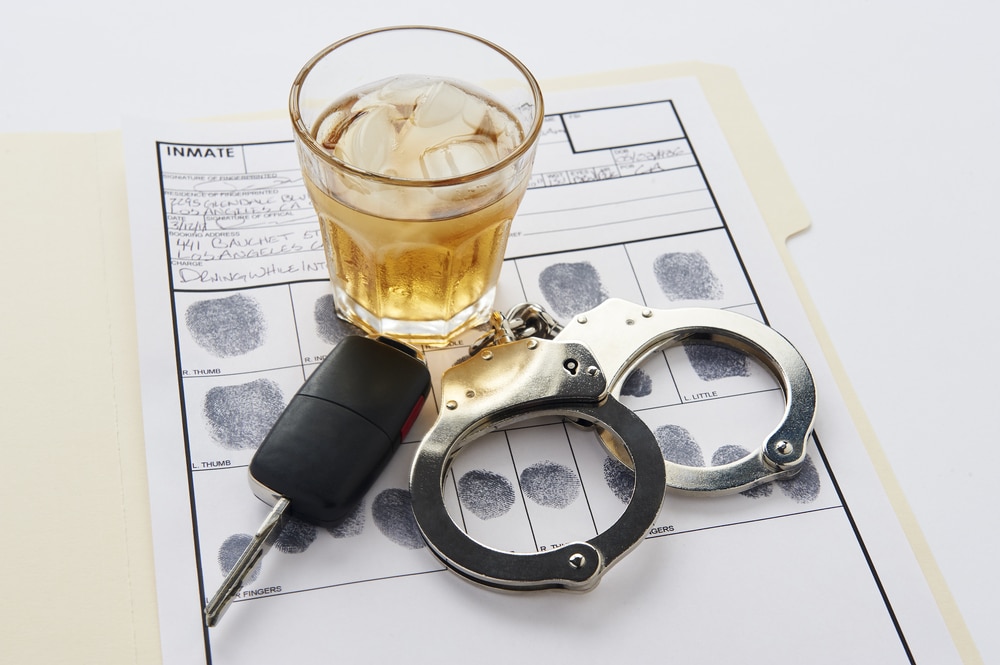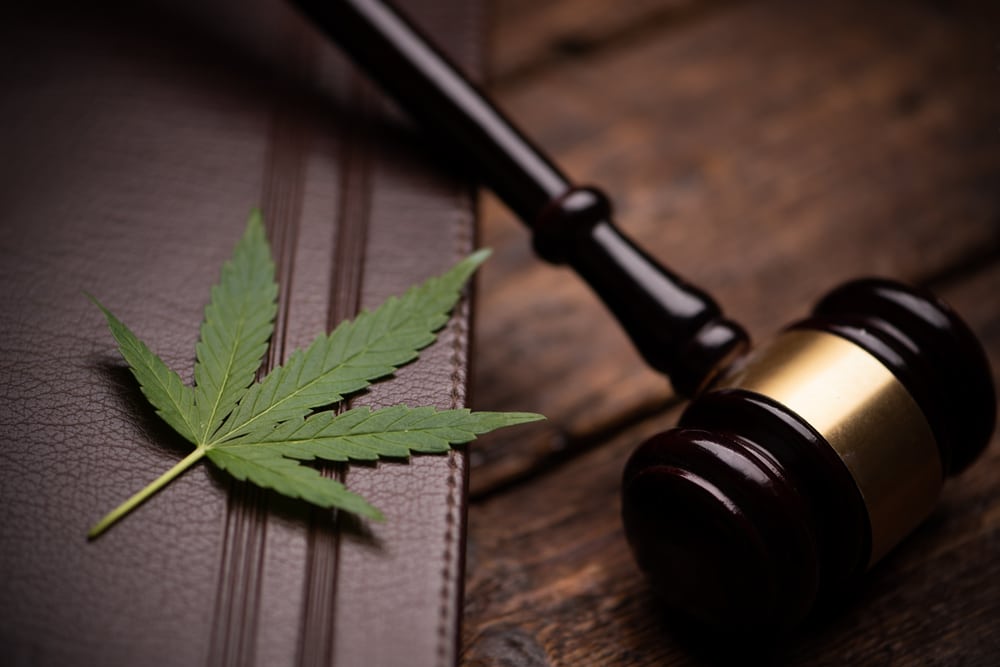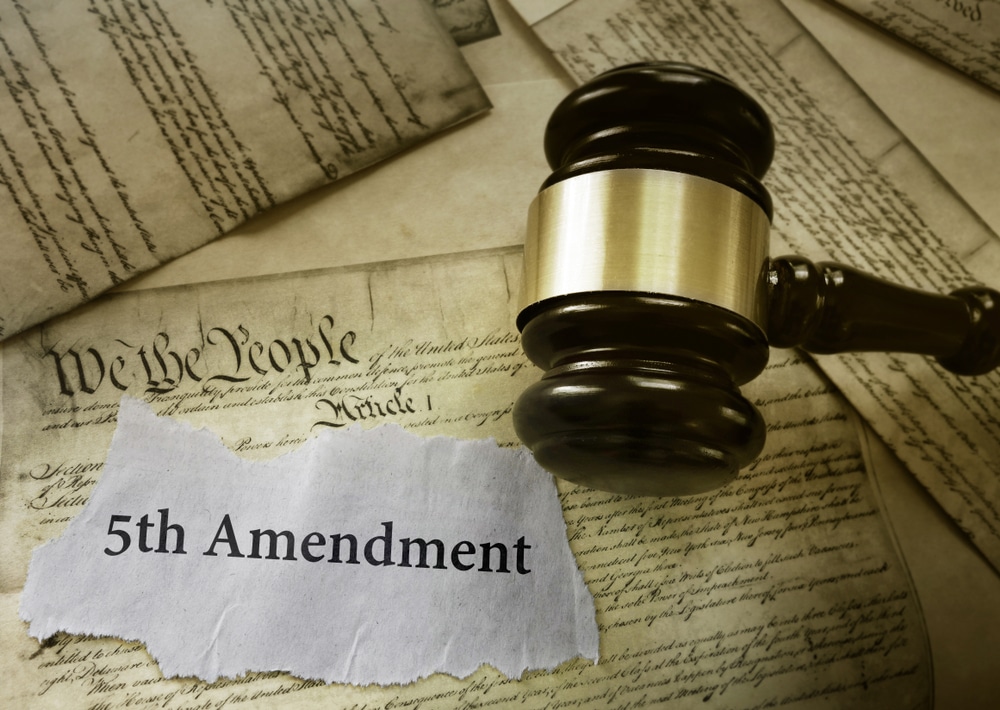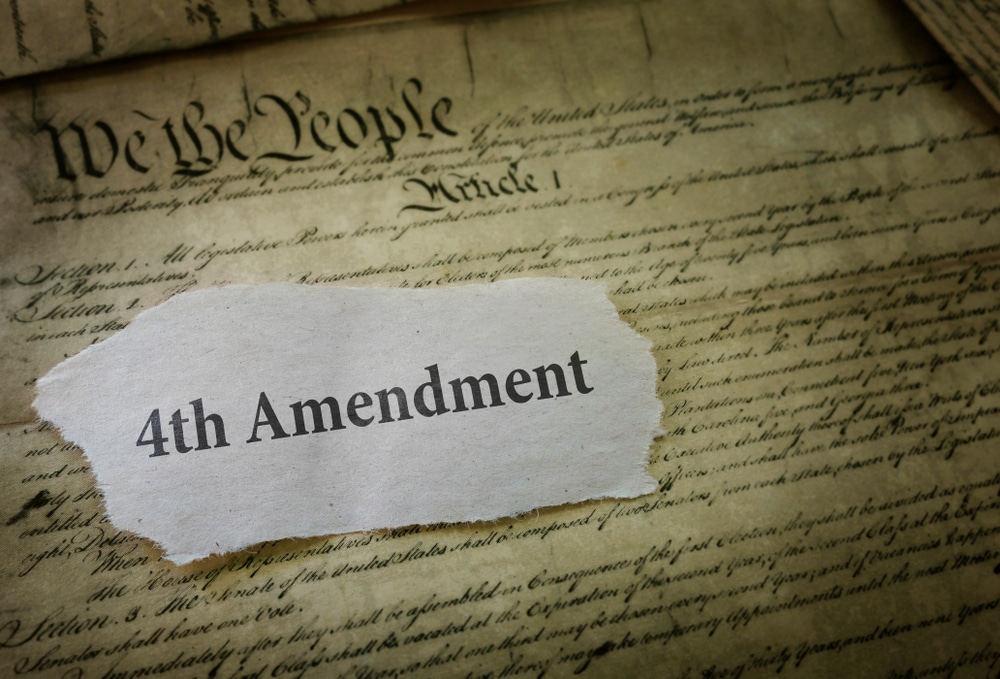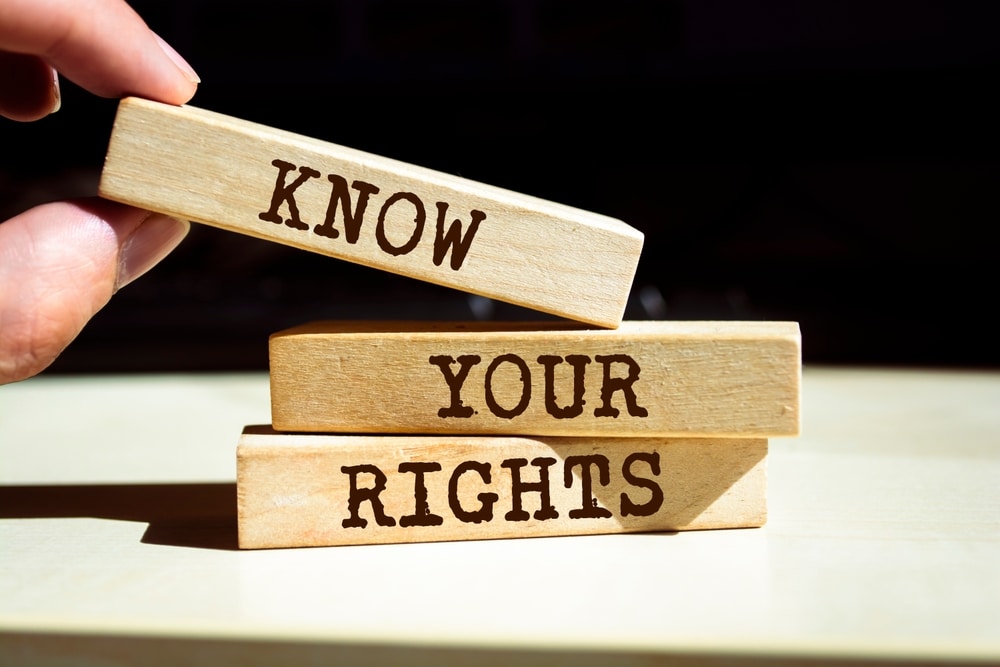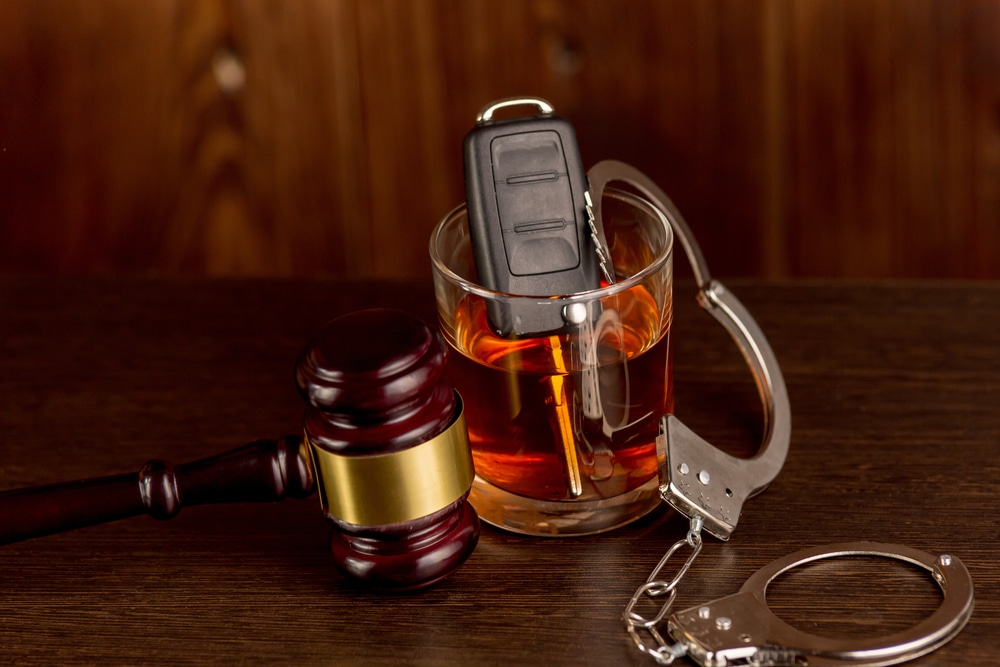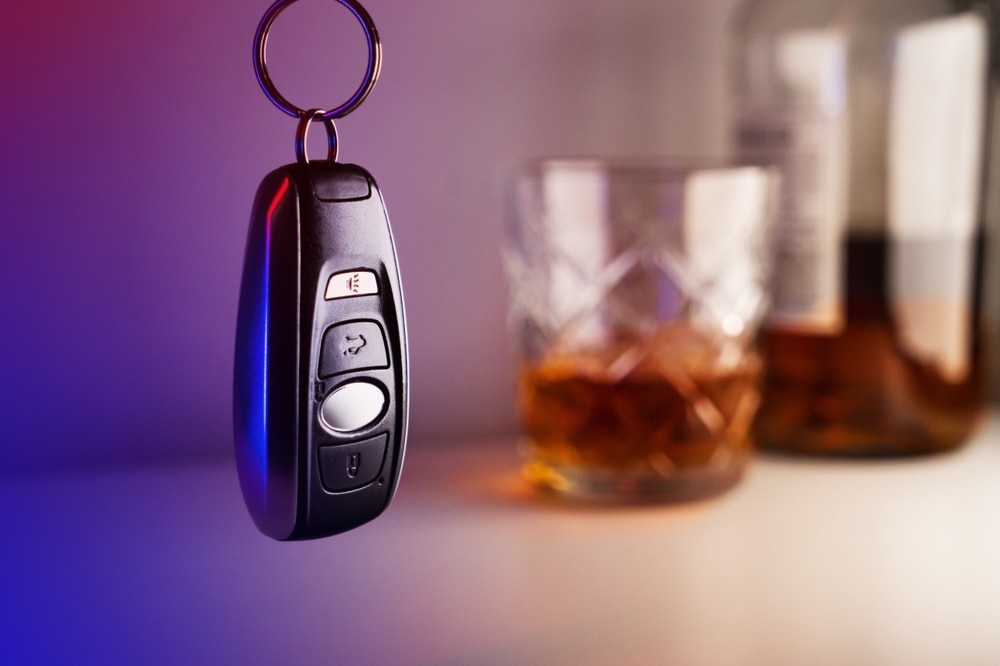The May 2020 video of a white woman calling the cops on a black man and claiming he was threatening her life during a verbal encounter at Central Park recently reached its first stage of legal consequences in New York.
The Manhattan District Attorney’s Office issued Amy Cooper, the woman in the video embellishing the imminent threat, a desk appearance on the misdemeanor charge. Manhattan DA Cy Vance said in a statement on July 6, 2020 that Cooper “falsely report[ed] an incident in the third degree.”
While much attention may be focused on what will happen to Cooper and how her defense will handle this misdemeanor charge, the second half of Vance’s brief statement should be on more New Yorkers’ minds.
“…I would like to encourage anyone who has been the target of false reporting to contact our Office. We are strongly committed to holding perpetrators of this conduct accountable.”
Let’s take DA Vance at his word, and assume that his office begins seriously investigating claims of false reporting. Police and prosecutors are looking to reduce racially-charged 9-1-1 calls, and make more examples of those like Ms. Cooper. This means the accused are being empowered to contest the claims against them and possibly turn the tables.
If you have filed a report to the police — even if no charges were pressed — then you need to review what you said over the phone or in person. Furthermore, consider the following questions, as they provide some insight as to what an investigator may be looking for.
Personal bias. Did you call because of a genuine concern for the safety of yourself or others, or was it to simply sic the cops on someone you don’t like (or the way they look)? This is at the heart of all investigations.
Timing. Did you call the police during or immediately after an incident? If not, why was your call delayed?
Consistency of facts. The police may not seriously pursue a criminal matter solely based on your call. Once they arrive, they will interview you again as well as other bystanders and witnesses. If your story deviates from other credible sources and can even be debunked, then your motives may be called into question.
If a DA’s office calls you to review a past claim, politely tell them you’ll refer all questions to your New York criminal defense lawyer. Contact or hire your criminal defense lawyer to ensure you can protect yourself if prosecuted for filing a false report.
Moving Forward
Should you contact the police, know that you are being recorded and assume it might be made public. Avoid accusations of false reporting by sticking to the facts, which include:
- Your location.
- Why you are calling.
- Detailing the dangerous circumstances, including its proximity to you.
- Who is involved. At this point, it is acceptable and expected that you describe the race, ethnicity, height and weight of the suspects and instigators to the best of your ability. The 9-1-1 operator will ask for these details, among several others.
Legislators in other major cities are taking action. San Francisco’s supervisor just introduced an ordinance that would punish racially motivated 911 calls, named the Caution Against Racially Exploitative Non-Emergencies, or CAREN Act. Considering the level of public outrage for such incidents, such legislation may soon be introduced in New York.
The episode in Central Park is a stark reminder that “cancel culture” is real — even if it is fueled by social media — so avoid adding any unnecessary or untruthful commentary. Though it stems from a simple misdemeanor that can certainly be dismissed, the backlash can be tremendous in the short- and long-term. Consider Cooper’s video rant; after it went viral, she lost her job at a well known investment firm, temporary ownership of her dog, and complete loss of privacy.
Still, a tarnished reputation is not nearly as traumatic as a tainted criminal record. D’Emilia Law maintains that an arrest is not the end of your life. A strong and strategic defense can keep you out of jail and reduce your charges and fines.

